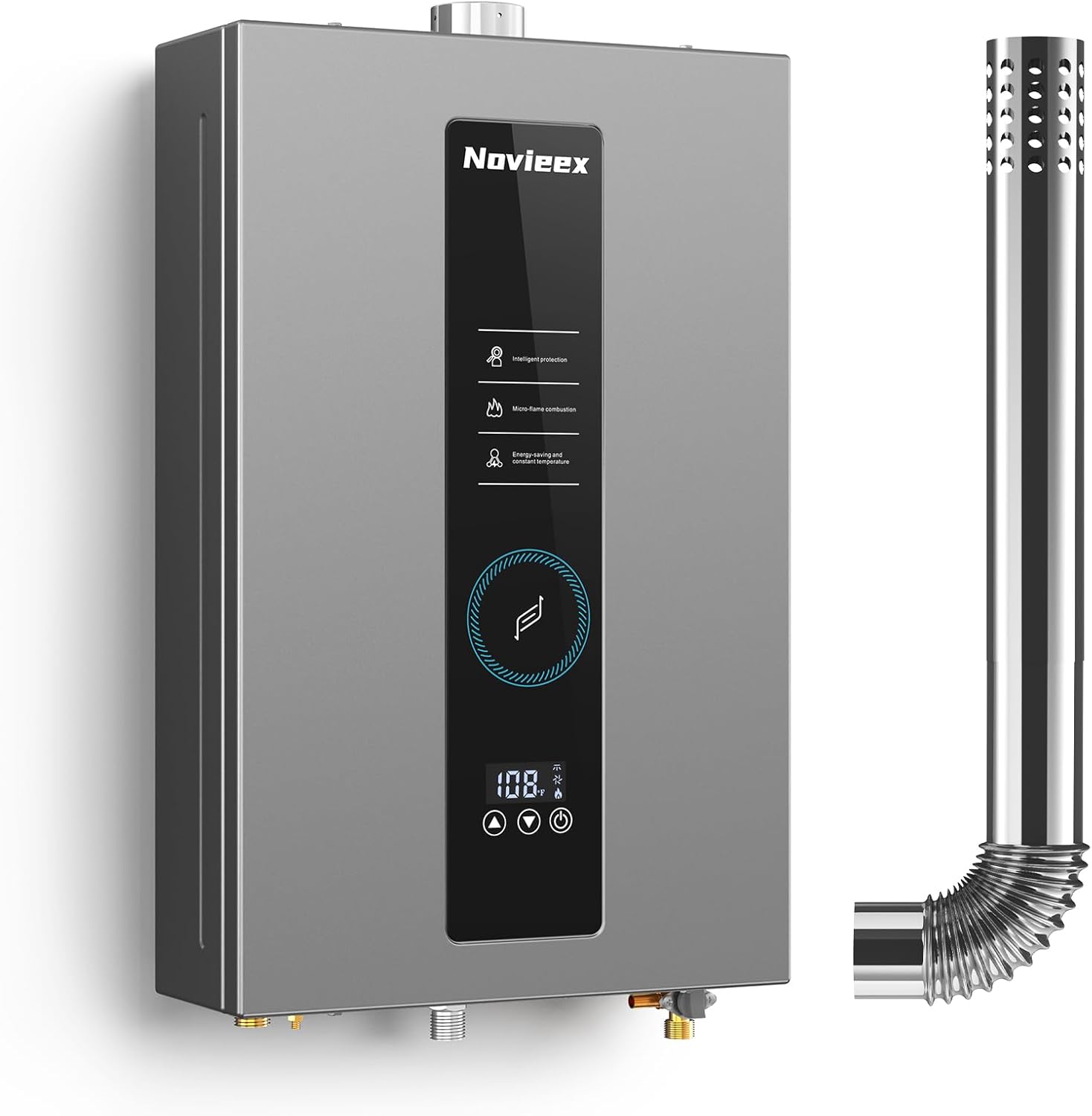A water heater fuse box houses the electrical fuses that protect the water heater’s wiring from overloads, ensuring safe operation and preventing damage.
When your water heater stops working, the fuse box is often the first place to check. A tripped breaker or blown fuse can cut power to your unit, leaving you without hot water. This guide covers everything you need to know about water heater electrical issues.

Locating Your Water Heater Fuse Box
Most homes have two potential locations for water heater electrical connections:
- Main electrical panel – The primary breaker box for your home
- Secondary subpanel – Some homes have a dedicated panel for large appliances
Water heaters typically require a 240-volt circuit with a 30-amp double-pole breaker. Look for a breaker labeled “water heater” or check for one that’s tripped to the middle position.
How to Identify the Correct Breaker
If your breakers aren’t clearly labeled:
- Turn off your water heater at the unit
- Have someone watch the heater while you flip breakers
- The correct breaker will show no power at the heater when off

Common Water Heater Electrical Problems
| Problem | Symptoms | Solution |
|---|---|---|
| Tripped breaker | No hot water, breaker in middle position | Reset breaker fully off then on |
| Blown fuse | No power, visible damage to fuse | Replace with identical amperage fuse |
| Faulty thermostat | Inconsistent water temperature | Test with multimeter, replace if needed |
When to Call a Professional
While some electrical issues are DIY-friendly, certain situations require an expert:
- Breaker trips repeatedly after resetting
- Burning smell near electrical components
- Visible damage to wiring or connections
For complex HVAC electrical work, consider consulting our guide on the best HVAC multimeters for professional-grade troubleshooting tools.
Preventing Future Electrical Issues
Regular maintenance can help avoid water heater electrical problems:
Annual Checks
- Inspect wiring for damage or corrosion
- Test pressure relief valve
- Check anode rod condition
Upgrade Considerations
Older homes may need electrical upgrades for modern water heaters. According to Energy.gov, newer models often require updated wiring and breakers.
For homes with frequent electrical issues, our review of the best HVAC surge protectors can help protect your water heater from power fluctuations.
Water Heater Electrical Safety Tips
Working with water heater electricity requires caution:
- Always turn off power at the breaker before servicing
- Use a voltage tester to confirm power is off
- Never work on wet equipment
- Wear insulated gloves when handling electrical components
The Electrical Safety Foundation International provides additional safety guidelines for water heater maintenance.
Signs of Serious Electrical Problems
- Frequent breaker trips
- Discolored or warm outlets
- Buzzing sounds from electrical panel
- Flickering lights when heater runs

